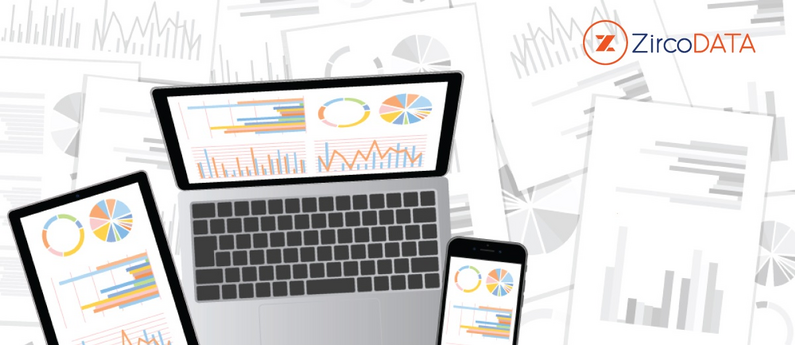
Navigating the Evolving Information Management Landscape
The information management environment in Australia is continually changing as a result of new laws and technological advancements. Data management and analysis have gotten more difficult, especially for businesses without the appropriate knowledge or technology. In this article, we’ll examine several important information management trends and offer some advice for navigating this complex landscape.
Increased Adoption of Cloud-Based Solutions
For their information management requirements, a number of companies are switching to cloud-based solutions. More adaptability, scalability, and economy are now possible in data management. The pandemic has increased the use of remote work, which is another benefit of cloud-based solutions. It’s crucial to check that the cloud-based solutions being used are safe and compliance with applicable laws, nevertheless.
Greater Focus on Data Privacy and Security
Organizations are under more pressure to secure personal information as a result of the Notifiable Data Breaches (NDB) scheme’s introduction and the forthcoming Privacy Act amendments. Access controls, encryption, and the secure storage of sensitive data are being given more attention. To manage personal information, organisations must put in place clear rules and procedures and make sure that their staff is trained to follow them.
Use of Artificial Intelligence and Machine Learning
Automation of procedures and increased accuracy and efficiency of information management are being achieved via the use of artificial intelligence (AI) and machine learning (ML) technology. For instance, data classification, data extraction, and data analytics can all be automated using AI and ML. Organizations must make sure that these technologies are used ethically and responsibly because their implementation necessitates specific knowledge.
Putting Data Governance Frameworks into Practice
Data governance frameworks are being adopted by organisations more frequently to guarantee that data is handled consistently and successfully throughout the company. Roles and duties for data management are included in data governance frameworks together with rules, procedures, and recommendations for managing data. To guarantee that data is accurate, complete, and safe, a clear data governance framework might be helpful.
Emphasis on Data Analytics and Insights
Using data analytics to gather insights and influence business decisions is becoming more and more important. Organizations are investing in data analytics technologies and hiring data analysts to better utilise their data as a result of the growing availability of data. But, it’s crucial to guarantee that the conclusions drawn from the data are correct, significant, and used in an ethical and responsible manner.
It can be difficult to navigate the changing information management landscape, but there are certain crucial actions that businesses can take to manage their data efficiently. They consist of:
- Keeping up with the newest technologies and laws
- Thorough comprehension of the data being managed
- Putting in place the necessary security measures to safeguard personal data
- Purchasing the appropriate equipment and training to manage and analyse data
- Creating a framework for data governance that is straightforward
Organizations can increase the value of their data while lowering the risks by taking these actions. The information management landscape will continue to change, but organisations may stay ahead of the curve by being aware and proactive.
Learn more about how your organisation can use our Information Governance (Virgo) platform and Data Breach Reporting solution to be proactive and expedite preventative procedures.

Recent Comments